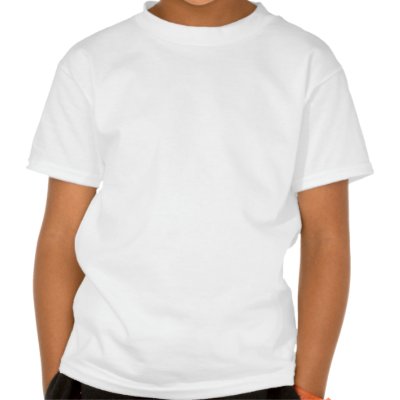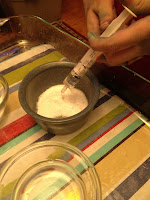 |
| Image via: http://rlv.zcache.com/understanding_type_i_and_type_ii_errors_statistics_tshirt-p235935094802516345zvaki_400.jpg |
We need to know how to interpret the numbers in the studies to know if they were done using valid methods and if they are done in a way that is reliably measurable.
Firstly we need to know what kind of study it is. Is it a double blind study where the patients and the doctors don't know who is getting a medicine and who is getting a placebo? Is it a review of medical records and if so did the recorders of the records know ahead of time what the experimenters were looking for in the records? Is it a case study?
Next we need to know how big this study was, how many people were tested? If it is a small number there is a large possibility for error. Finally, does the conclusion of the researchers show a correlation or causation?
Here is an excellent summary of how to evaluate a medical study:
http://www.nurturedmoms.com/-evaluate-study/credible or crud
Aside from medical and psychological studies, we get statistics from our children's school. We get them in the form of report cards, achievement tests and IEP progress reports.
There are few articles online to help you with this; one reliable source is Wrights Law:
http://www.wrightslaw.com/advoc/articles/tests_measurements.html
This web page includes Educational Decision Making, General Principals of Statistics, Understanding Test Data and a Parent's To-Do List. Knowing how to interpret the information you are given by school is important to know how to do. It can make a difference in how your child is educated.
There are also basic statistical books like Statistics for Dummies, Statistics Demystified and The Complete Idiot's Guide to Statistics. The Complete Idiots Guide got the best reviews on Amazon. You might want to start with that one. They are worth checking out to brush up on your understanding of the information you are given by the media and your child's school.
http://www.amazon.com/Statistics-For-Dummies-Deborah-Rumsey/dp/0470911085/ref=sr_1_1?ie=UTF8&qid=1332953282&sr=8-1
http://www.amazon.com/Statistics-Demystified-Stan-Gibilisco/dp/0071431187/ref=sr_1_7?s=books&ie=UTF8&qid=1332953328&sr=1-7
http://www.amazon.com/Complete-Idiots-Guide-Statistics-Edition/dp/1592576346/ref=sr_1_1?s=books&ie=UTF8&qid=1332953570&sr=1-1
 |
| Image via: http://24.media.tumblr.com/tumblr_ljed9fByIi1qbu80io1_500.jpg |
Additional resources:
http://www.npr.org/2011/03/12/134456594/study-diet-may-help-adhd-kids-more-than-drugs
http://abcnews.go.com/Health/Autism/antidepressant-linked-autism-study/story?id=13989498#.T3H8OGEgdCg




























.jpg)

















